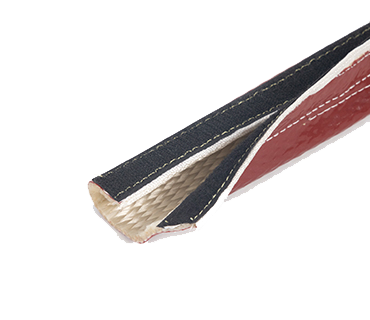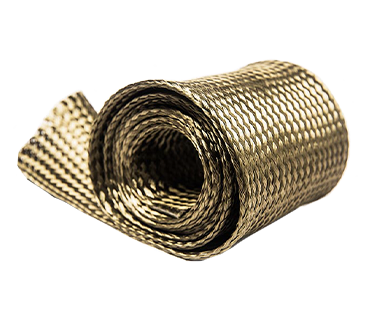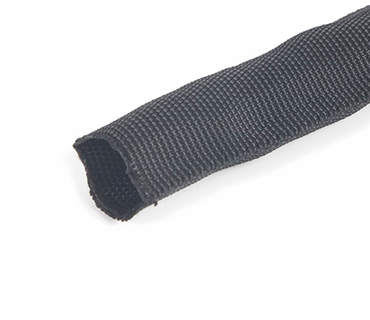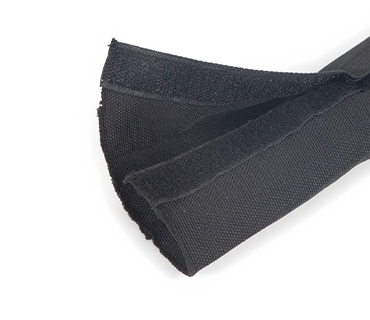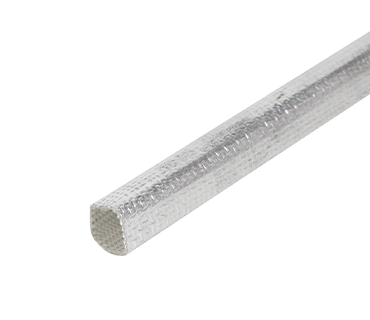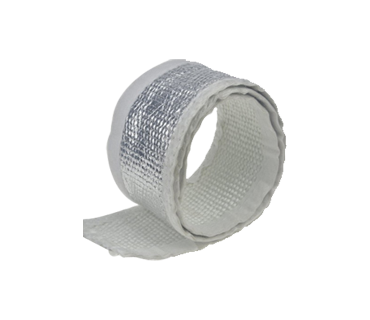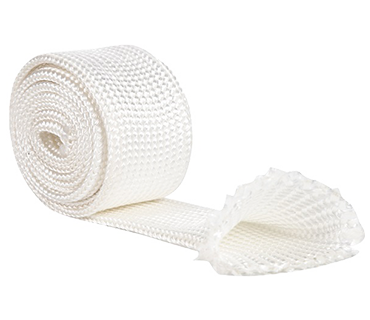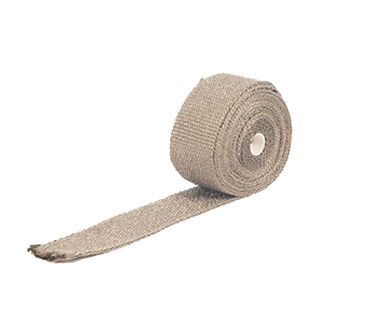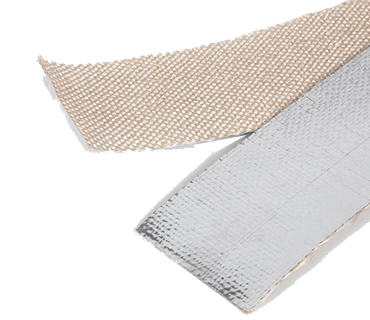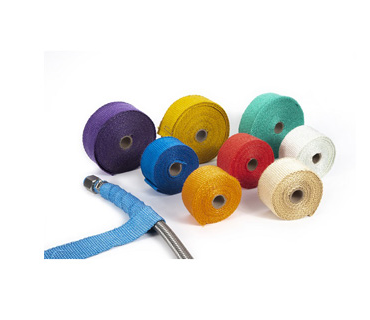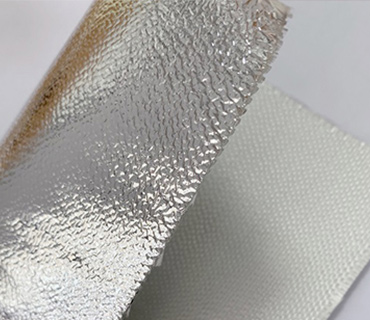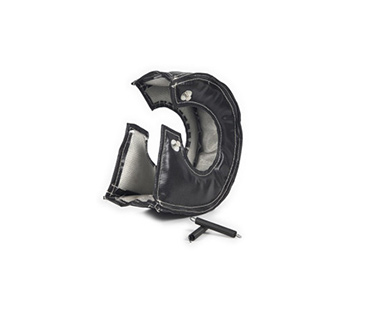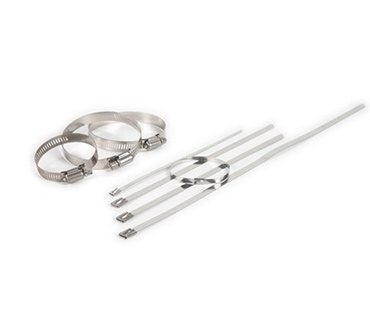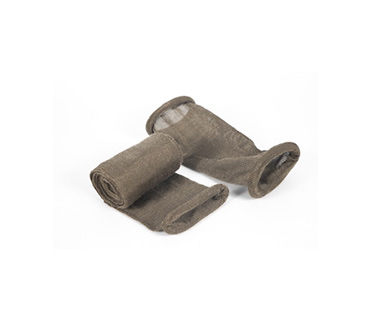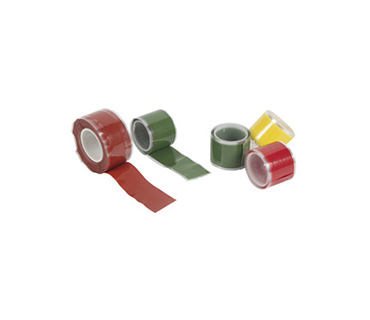Heat management is a crucial aspect of any industrial application. Heat can cause significant damage to machinery, equipment, and even people. That's why it's important to prevent the heat from getting out of control in your application. Using a fiberglass heat shield sleeve is one of the best ways to manage the heat in your application. But with so many options available, how do you know which one to choose? Keep reading to learn more about choosing the right fiberglass heat shield sleeve for your application.
Advantages of Using Fiberglass Heat Shield Sleeve
There are several advantages of using a fiberglass heat shield sleeve in your application. Firstly, fiberglass is an excellent insulator. It can withstand high temperatures and keep the heat contained within the sleeve. Secondly, fiberglass is a durable material that can withstand harsh environments. It is also resistant to chemical corrosion, making it an excellent choice for applications involving chemicals.
Another significant advantage of using fiberglass heat shield sleeves is the flexibility they offer. These sleeves can be used in a wide range of applications and can be easily cut to fit any size or shape. This means you can customize your installation to suit your specific needs.
Common Applications for Fiberglass Heat Shield Sleeve
Fiberglass heat shield sleeves are commonly used in a variety of applications. Some of the most common applications include automotive, marine, and aerospace industries, where they protect wires, hoses, and cables from the high temperatures generated by engines and machinery. They are also used in industrial applications, such as in furnaces, ovens, and kilns, where they protect pipes and other components from heat damage.
Troubleshooting Common Issues with Fiberglass Heat Shield Sleeve
Although fiberglass heat shield sleeves are durable and can last for many years, they can develop issues over time. One common issue is when the sleeve becomes discolored or brittle. This can happen when the sleeve is exposed to high temperatures or harsh chemicals for an extended period. When this happens, the sleeve may need to be replaced.
Another issue with fiberglass heat shield sleeve is fraying. This can occur when the sleeve is exposed to abrasive materials, which can cause the outer layer to wear out. To prevent fraying, it is essential to choose a high-quality fiberglass heat shield sleeve that is designed to withstand harsh conditions.
In conclusion, choosing the right fiberglass heat shield sleeve for your application is essential to ensure the proper functioning of your equipment and the safety of your employees. When selecting a fiberglass heat shield sleeve, consider the advantages it offers, such as its durability, flexibility, and insulating properties. Also, be aware of common issues that can arise with these sleeves, such as discoloration, brittleness, and fraying. With the right information, you can make an informed decision and choose a fiberglass heat shield sleeve that will protect your machinery, equipment, and personnel from the harmful effects of heat. The brand QIAN-ZE offers a range of high-quality fiberglass heat shield sleeves that are ideal for a variety of applications, making them a great choice for your heat management needs.

